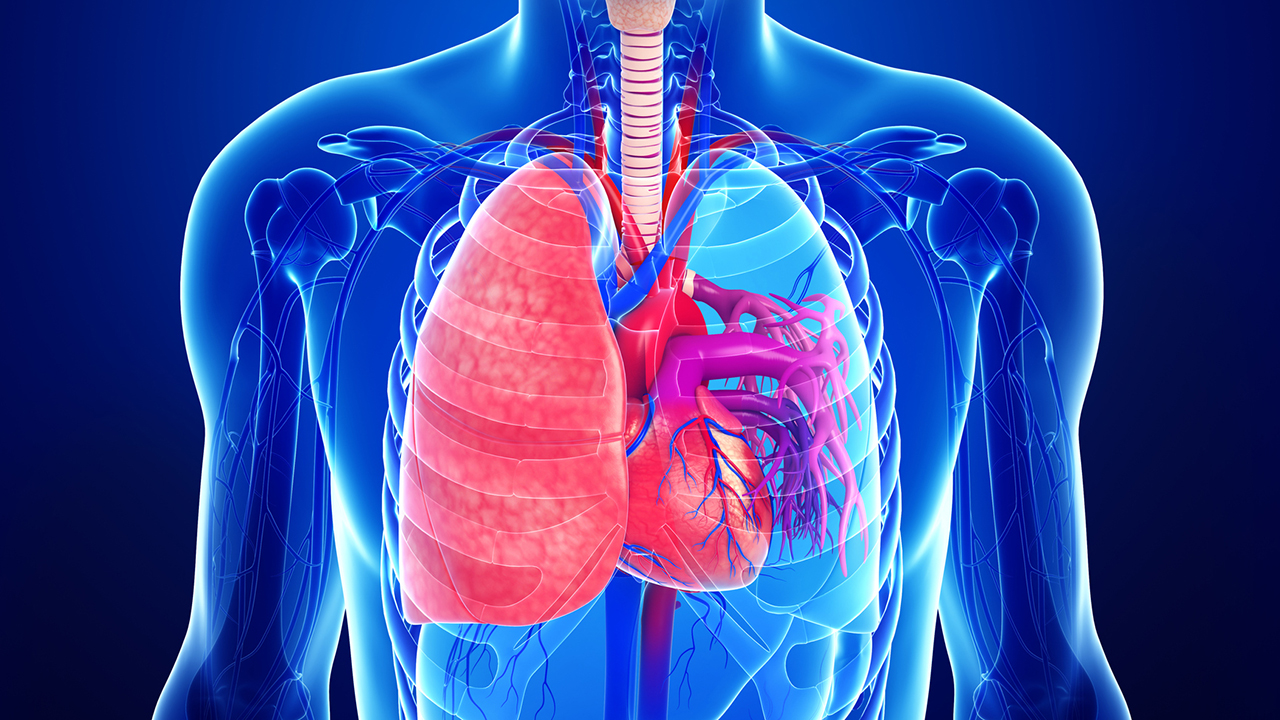It is a rare tumor. It occurs between the 5th and 7th decade of life due to occupational exposure prior to asbestos or asbestos (a mineral) used in construction whose use was banned four decades ago.
Mesothelioma is a rare and very aggressive tumor that affects the pleura. The pleura is the membrane that covers the rib cage and the surface of the lungs.
Asbestos, the commercial name of a mineral formed by silica, magnesium, lime and ferrous oxide, also known as asbestos, is the main cause of mesothelioma, cases of mesothelioma have a history of exposure to this mineral, whose use in construction began at limit for decades and has been banned in many countries.
The initial symptoms of mesothelioma usually appear months before the diagnosis in the form of chest pain (not pleuritic, like a puncture, but deaf and poorly localized), as well as dyspnea (sensation of respiratory distress) variable in relation to the amount of pleural effusion.
Dry cough, fever and night sweats, asthenia (fatigue) and weight loss may also appear. It occurs most of the time unilaterally (95%), and especially in the area of the right hemithorax (60%), probably in relation to its greater volume.
The progression of the disease produces respiratory insufficiency, and the invasion of neighboring structures can lead to dysphagia (difficulty swallowing), dysphonia, brachial plexopathy (involvement of the nervous plexus), or superior vena cava syndrome (when there is compression of this main vein symptoms such as dyspnea, swelling at the facial and arm level, cough, chest pain, dysphagia, cyanosis, congestion, headache and dizziness occur).
 Other causes of mesothelioma are ionizing radiation (increased incidence in patients previously treated with radiotherapy) or the SV40 virus, present between 60 and 86% of mesothelioma samples (although conclusive results can not be extracted in the studies).
Other causes of mesothelioma are ionizing radiation (increased incidence in patients previously treated with radiotherapy) or the SV40 virus, present between 60 and 86% of mesothelioma samples (although conclusive results can not be extracted in the studies).
Always take care of your health with a unique and efficient service. Visit Pharmamedic.









